Home>Interior Design>How To Get Rid Of Gnats With White Vinegar: With Expert Tips
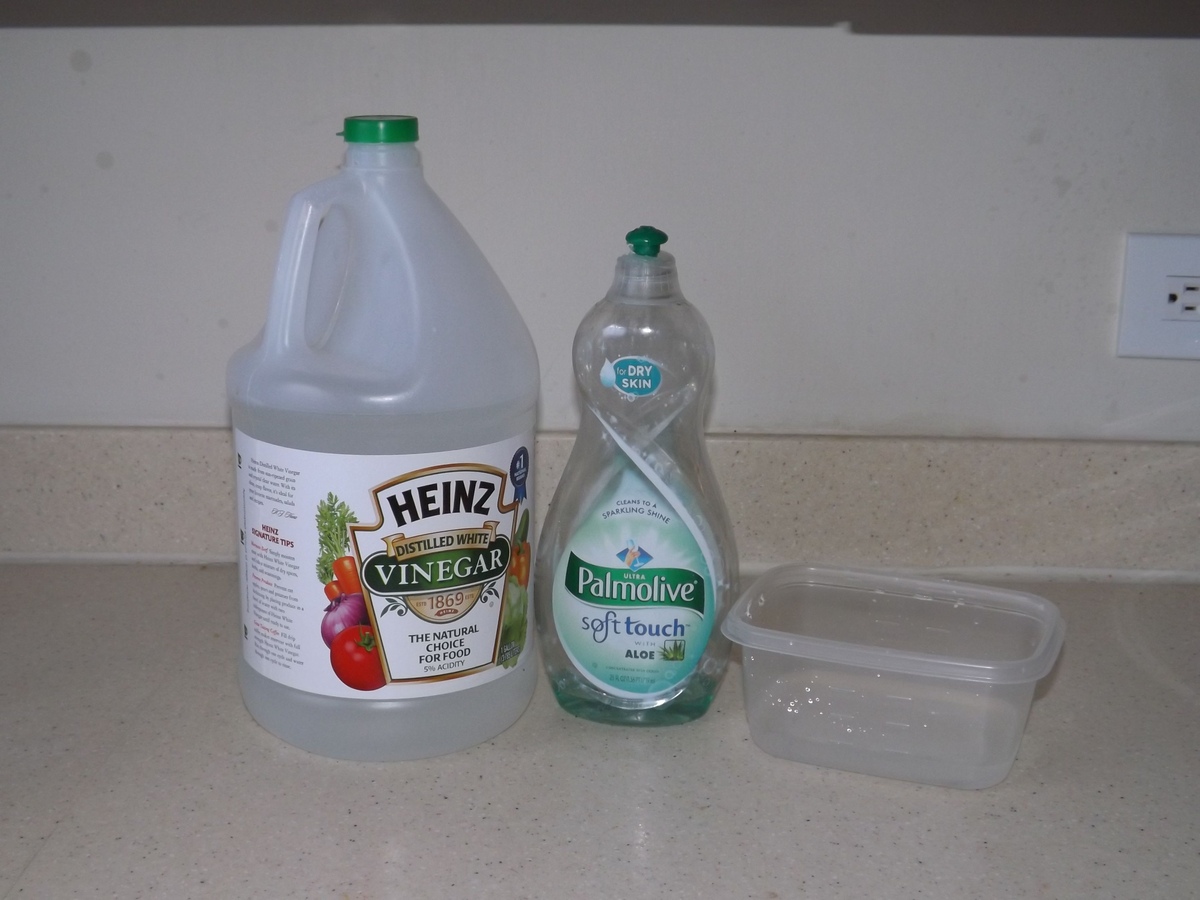

Interior Design
How To Get Rid Of Gnats With White Vinegar: With Expert Tips
Modified: August 28, 2024
Learn how to effectively eliminate gnats using white vinegar with expert interior design tips. Say goodbye to pesky gnats for good!
(Many of the links in this article redirect to a specific reviewed product. Your purchase of these products through affiliate links helps to generate commission for Storables.com, at no extra cost. Learn more)
Introduction
Are you tired of pesky gnats invading your living space? These tiny flying insects can be a nuisance, buzzing around your face and infesting your fruits and houseplants. While there are various methods to eliminate gnats, one effective and natural solution involves using white vinegar. In this article, we will delve into the world of gnats, explore the reasons behind their presence, and discover how white vinegar can be a game-changer in your battle against these bothersome pests. Additionally, I will share expert tips to ensure that you can bid farewell to gnats once and for all. So, let's embark on this journey to reclaim your home from these unwelcome guests.
Key Takeaways:
- Say goodbye to pesky gnats by using white vinegar traps and sprays. Expert tips enhance the effectiveness of this natural pest control method, ensuring a gnat-free living environment.
- Harness the power of white vinegar to repel and eliminate gnats naturally. Strategic placement and consistent application are key to reclaiming your space from these tiny invaders.
Read more: How To Get Rid Of Gnats In Grass
Understanding Gnats
Gnats are small, flying insects that belong to the families Mycetophilidae, Anisopodidae, and Sciaridae. They are commonly found in and around areas with decaying organic matter, such as overripe fruits, damp soil, and stagnant water. These tiny pests are attracted to the scent of fermentation and can quickly multiply in number, causing a significant nuisance in homes and gardens.
There are different types of gnats, including fungus gnats, fruit flies, and biting midges. Fungus gnats are often found in potted plants, where their larvae feed on fungi and organic debris in the soil. Fruit flies, as the name suggests, are drawn to overripe or decaying fruits and vegetables. Biting midges, also known as no-see-ums, are notorious for their painful bites and are commonly found near bodies of water.
Gnats are not only irritating due to their buzzing and swarming behavior but can also pose a threat to plants and even transmit diseases. Understanding the habits and habitats of gnats is crucial in effectively combating their presence in your living space. With this knowledge, you can implement targeted strategies to eliminate and prevent gnat infestations, creating a more pleasant and hygienic environment for yourself and your family.
Using White Vinegar to Get Rid of Gnats
White vinegar, a versatile household ingredient, can be a potent ally in your battle against gnats. The acetic acid present in white vinegar is effective in repelling and eliminating these tiny pests. Here are several ways to use white vinegar to get rid of gnats:
- Vinegar Trap: Create a simple yet effective gnat trap by filling a small bowl with white vinegar and adding a few drops of dish soap. The dish soap breaks the surface tension of the vinegar, causing the gnats to sink and drown upon contact. Place the bowl in areas where gnats are prevalent, such as near fruit bowls, potted plants, or kitchen counters. This trap can significantly reduce the gnat population in your home.
- Vinegar Spray: Dilute white vinegar with water in a spray bottle and mist it over areas where gnats congregate. Pay special attention to the soil of potted plants, as gnats often lay their eggs there. The acidic nature of the vinegar disrupts the gnat life cycle and discourages their presence.
- Vinegar and Fruit Trap: To attract and trap fruit flies, create a gnat lure by placing a piece of overripe fruit, such as a banana or peach, in a jar. Add a small amount of white vinegar to the jar and cover it with plastic wrap. Use a toothpick to poke several small holes in the plastic wrap. The scent of the fruit and vinegar will lure the gnats into the jar, where they will become trapped and unable to escape.
These methods harness the natural repellent properties of white vinegar to combat gnat infestations without the use of harsh chemicals, making them safe for both humans and pets. By incorporating white vinegar into your pest control arsenal, you can effectively diminish the presence of gnats in your home and restore peace and comfort to your living environment.
To get rid of gnats with white vinegar, mix equal parts of white vinegar and water in a bowl or jar. Add a few drops of dish soap and place it near the gnat-infested area. The gnats will be attracted to the vinegar and get trapped in the soapy solution.
Expert Tips for Using White Vinegar
When utilizing white vinegar to combat gnats, incorporating expert tips can enhance the effectiveness of this natural pest control method. Here are valuable insights and recommendations for using white vinegar to get rid of gnats:
- Consistent Application: To achieve optimal results, maintain consistency in applying white vinegar-based gnat remedies. Regularly refresh vinegar traps and reapply vinegar sprays to disrupt the gnat life cycle and prevent infestations from reoccurring.
- Maintain Cleanliness: Keep your living space clean and dry to discourage gnat activity. Wipe down kitchen surfaces, promptly dispose of overripe fruits, and ensure that potted plant soil is not excessively moist. By eliminating potential gnat breeding grounds, you can complement the effects of white vinegar in deterring these pests.
- Use Quality White Vinegar: Opt for high-quality, distilled white vinegar when creating gnat traps and sprays. The purity and potency of the vinegar can impact its effectiveness in repelling and eliminating gnats. Avoid using vinegar substitutes or diluted varieties for pest control purposes.
- Strategic Placement: Position vinegar traps and sprays strategically in areas where gnats are most active. Placing traps near windows, fruit baskets, and indoor plants can intercept gnats before they become a nuisance. Additionally, direct vinegar sprays at the soil surface of potted plants to target gnat larvae and disrupt their development.
- Monitor and Adjust: Regularly monitor the effectiveness of your white vinegar gnat control methods. If you notice persistent gnat activity in certain areas, consider adjusting the placement of traps or increasing the concentration of vinegar in your sprays to intensify their impact.
By integrating these expert tips into your approach, you can harness the full potential of white vinegar as a natural and sustainable solution for managing gnat populations. With diligence and strategic application, you can effectively diminish gnat infestations and reclaim a gnat-free living environment.
Conclusion
As you embark on your quest to eliminate gnats from your living space, the versatile and natural properties of white vinegar can serve as a powerful ally in your battle against these persistent pests. By understanding the habits and habitats of gnats, you can strategically implement white vinegar-based solutions to repel and eliminate these bothersome insects.
Whether you opt for vinegar traps, sprays, or fruit lures, the acetic acid in white vinegar disrupts the gnat life cycle and deters their presence without the use of harmful chemicals. Furthermore, by incorporating expert tips such as consistent application, maintaining cleanliness, and strategic placement of vinegar-based remedies, you can enhance the effectiveness of this natural pest control method.
As you witness the dwindling gnat population in your home and garden, you can revel in the peace and comfort of a gnat-free environment. With diligence and a touch of creativity, white vinegar can be a game-changer in your efforts to reclaim your space from these tiny invaders.
So, armed with the knowledge of gnats and the natural potency of white vinegar, you can confidently bid farewell to these pesky pests and enjoy a harmonious and gnat-free living environment.
Now that you're armed with effective strategies against gnats, why stop there? Dive into our expert advice on how to rid your pantry of moths. Our guide offers practical advice and proven solutions. If roaches are a concern, learn about natural methods to keep these pests out of your home, ensuring a cleaner environment.
Frequently Asked Questions about How To Get Rid Of Gnats With White Vinegar: With Expert Tips
Was this page helpful?
At Storables.com, we guarantee accurate and reliable information. Our content, validated by Expert Board Contributors, is crafted following stringent Editorial Policies. We're committed to providing you with well-researched, expert-backed insights for all your informational needs.
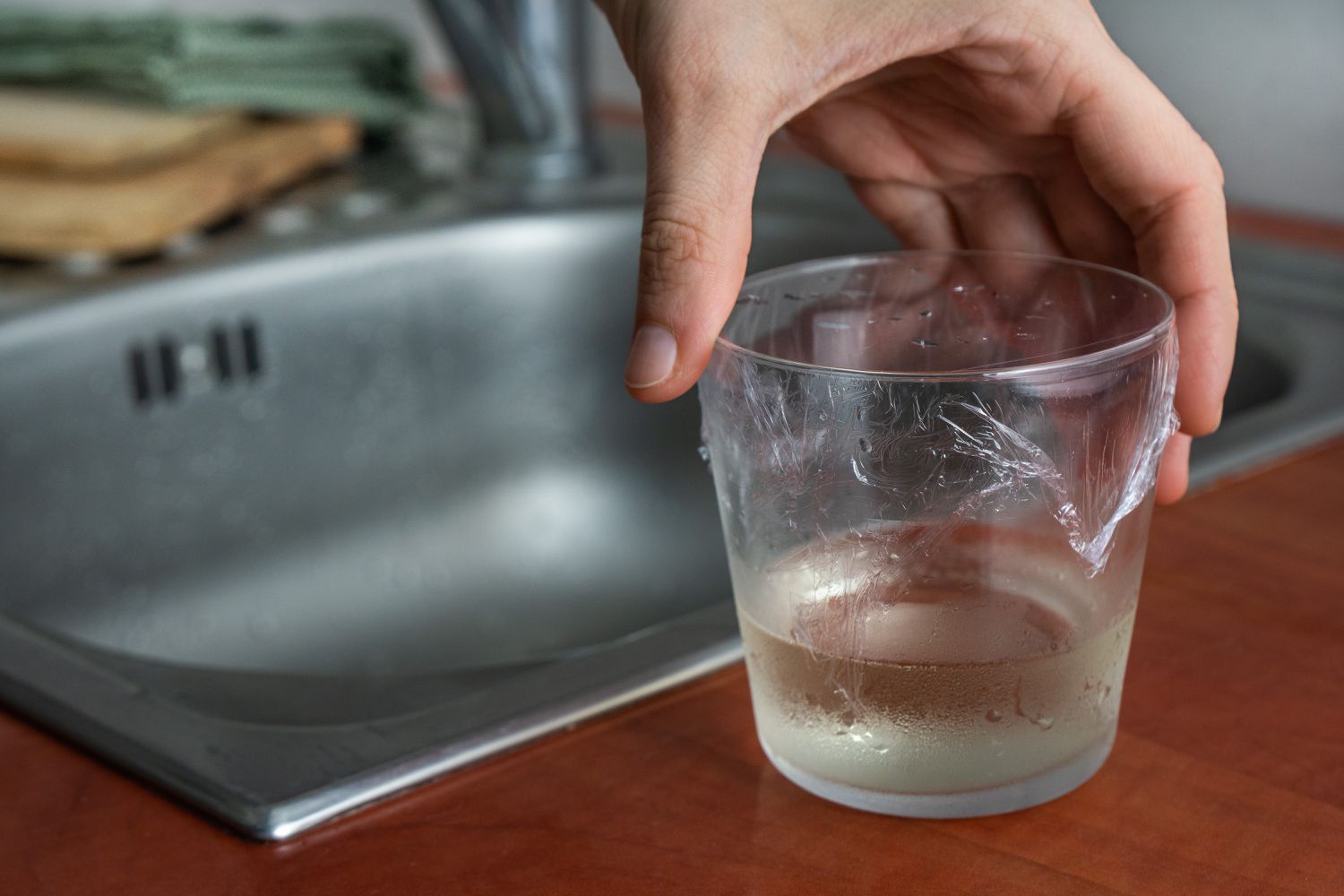
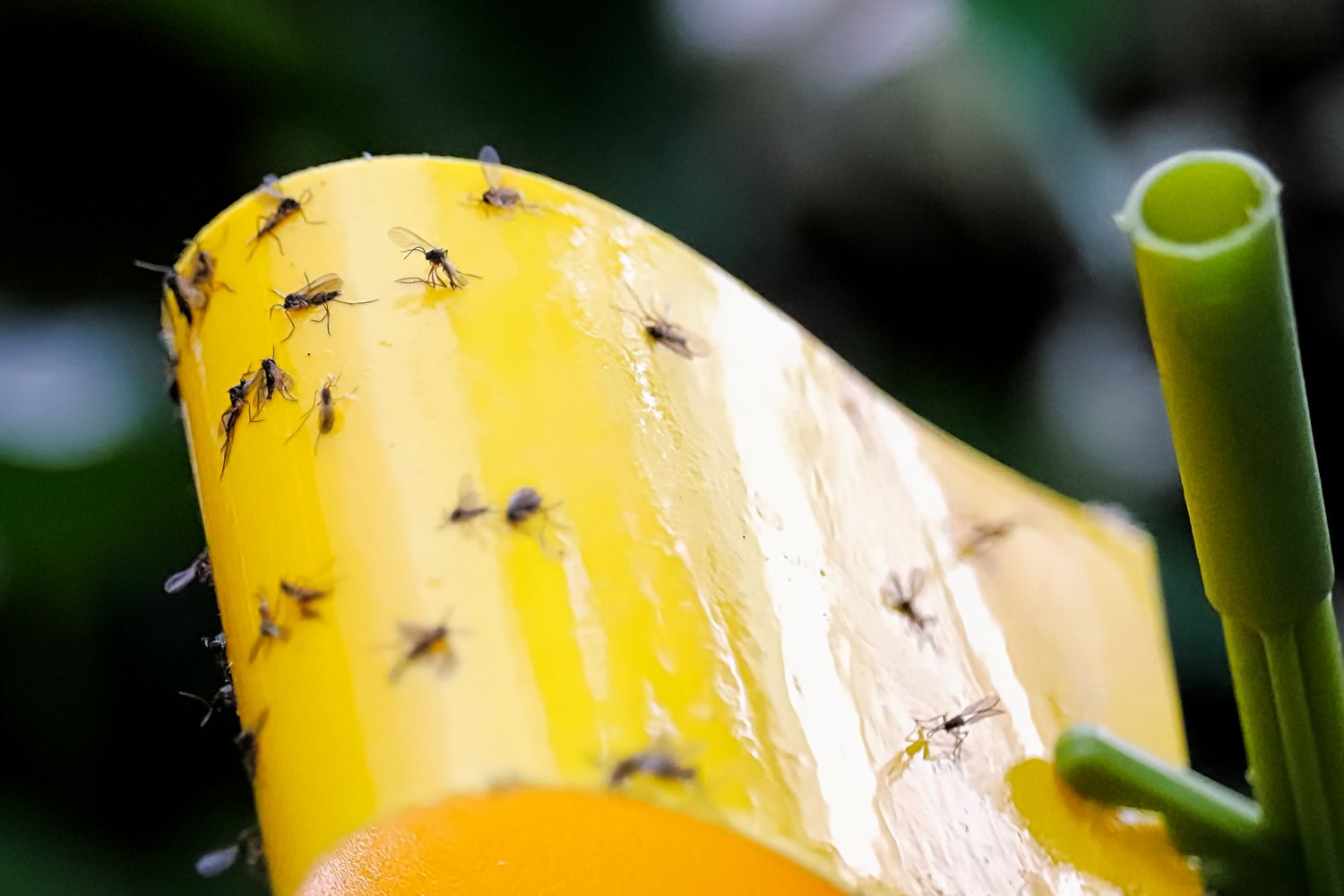
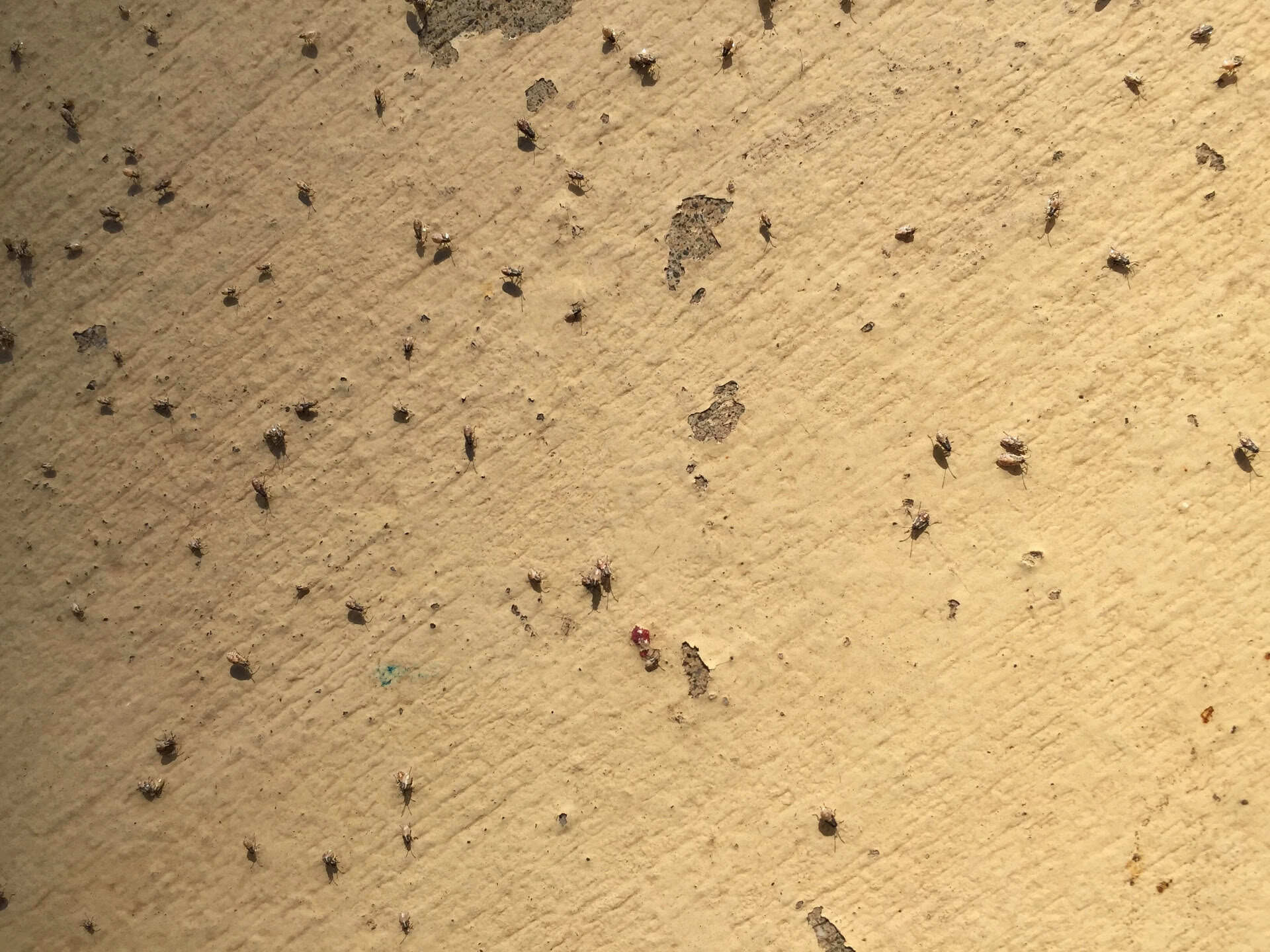
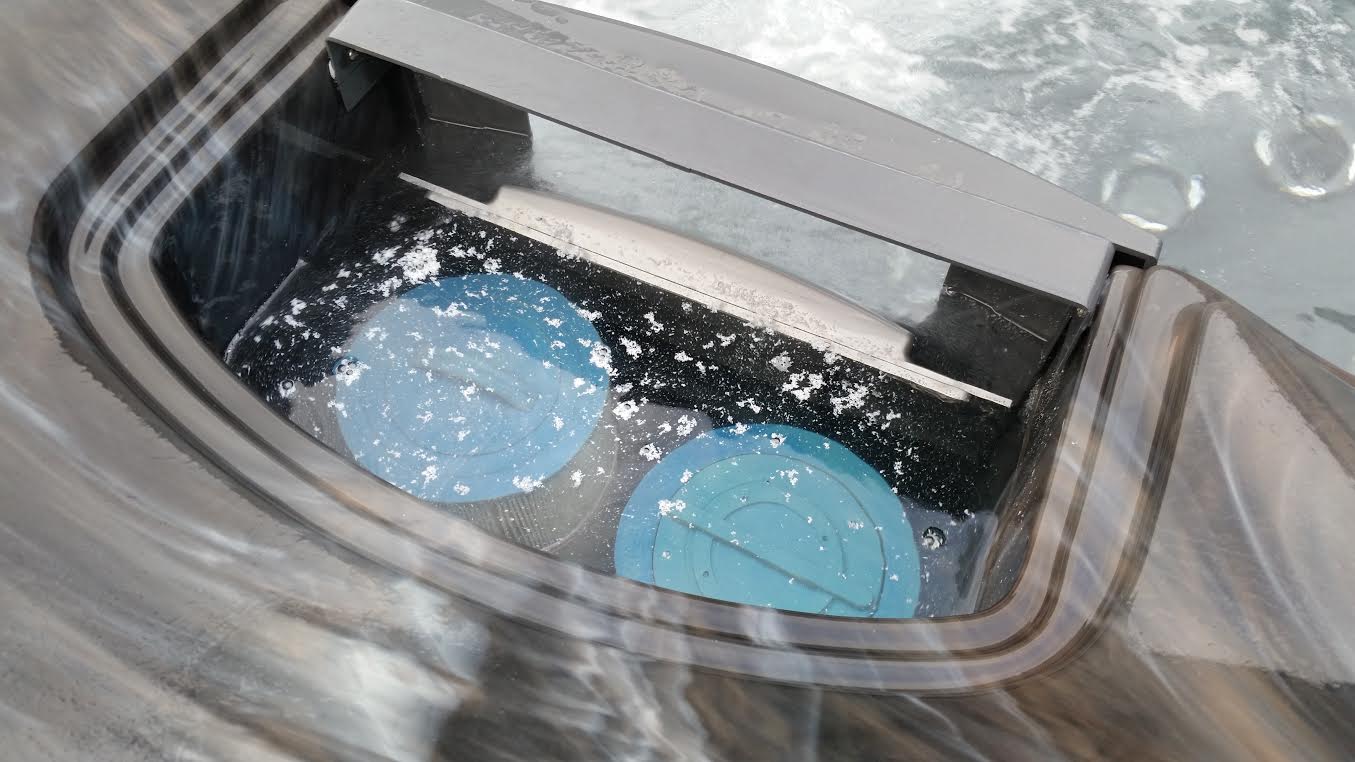
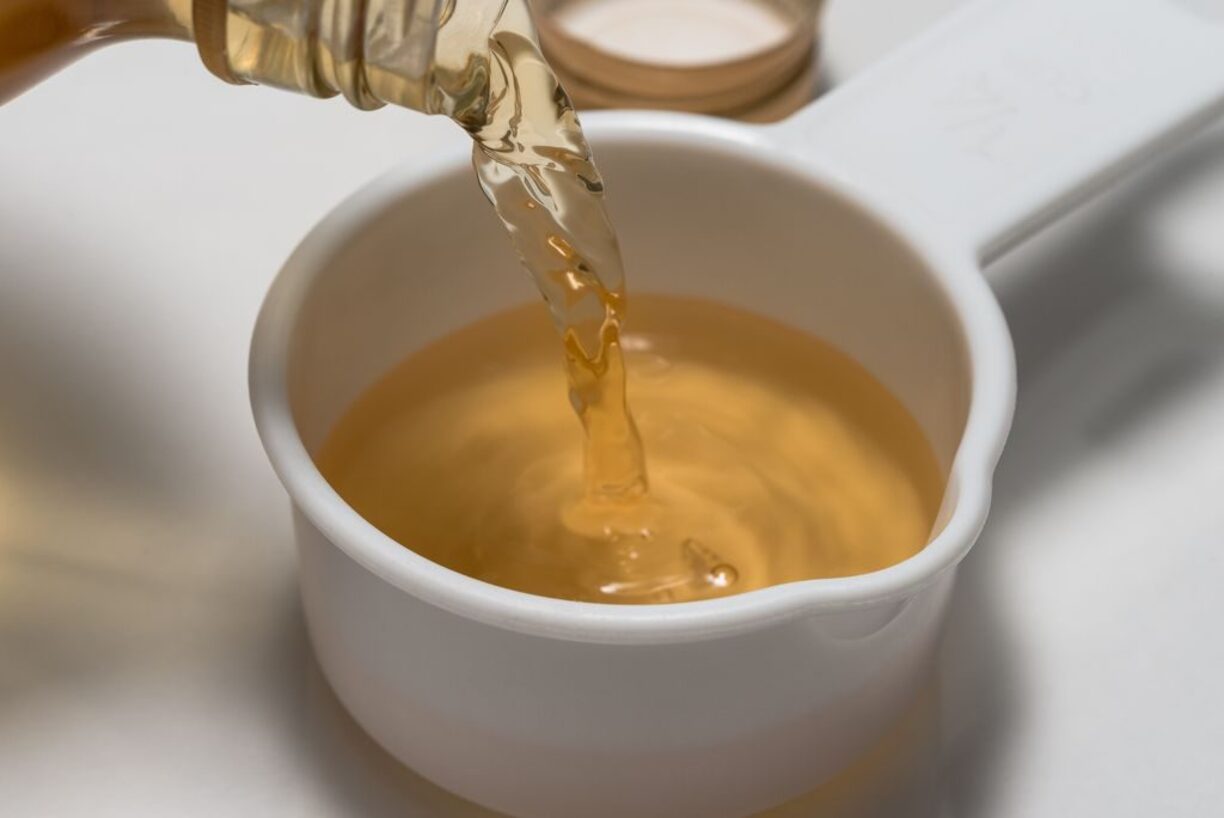
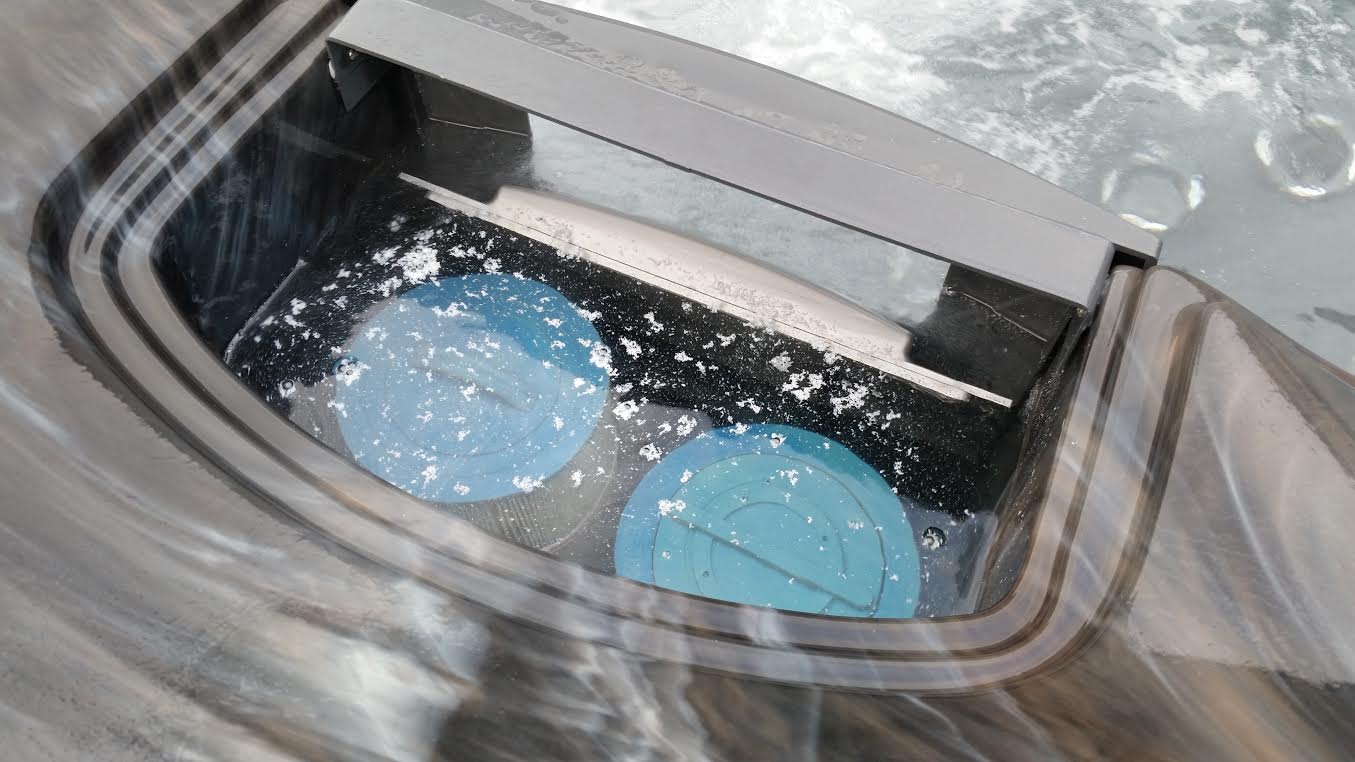
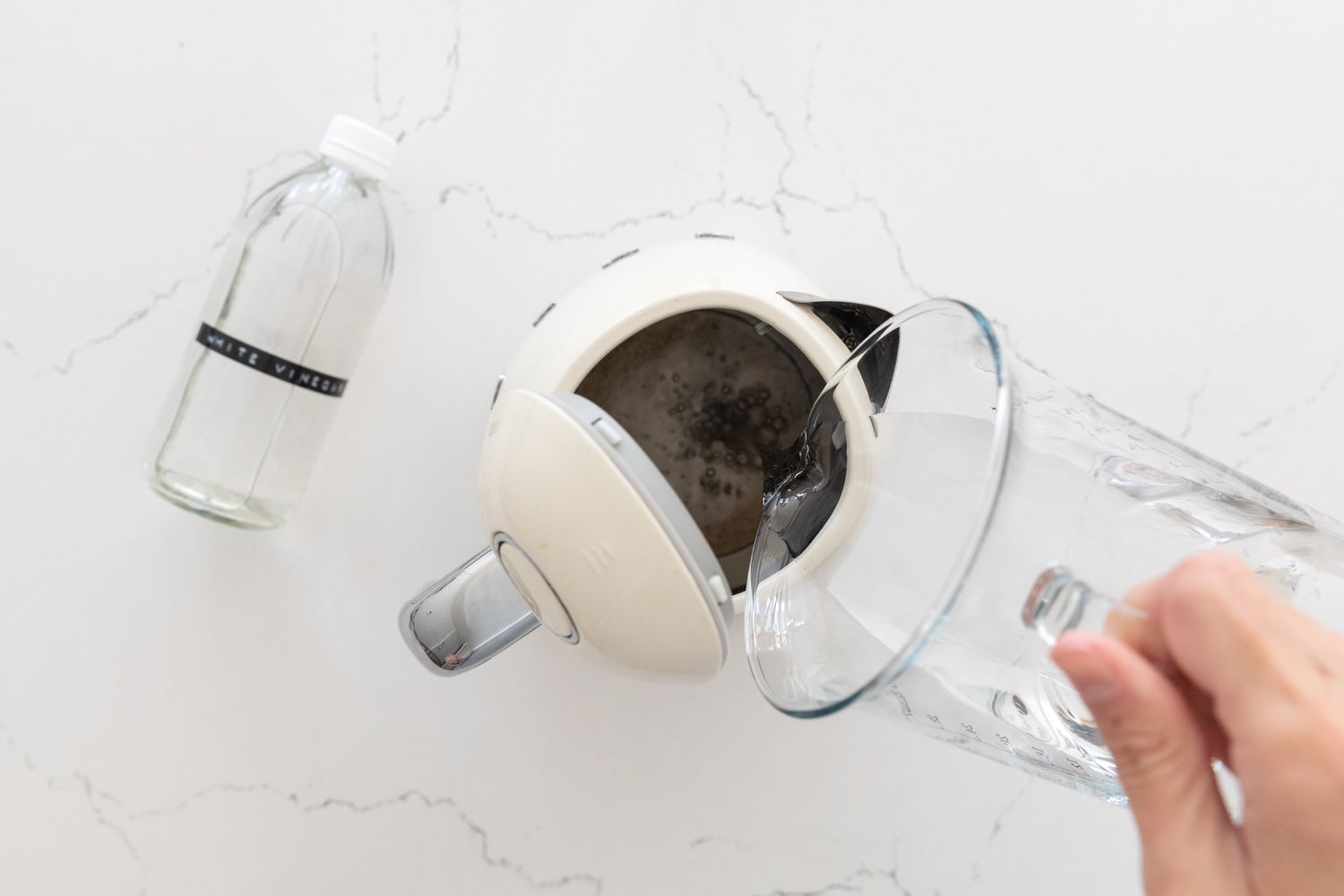

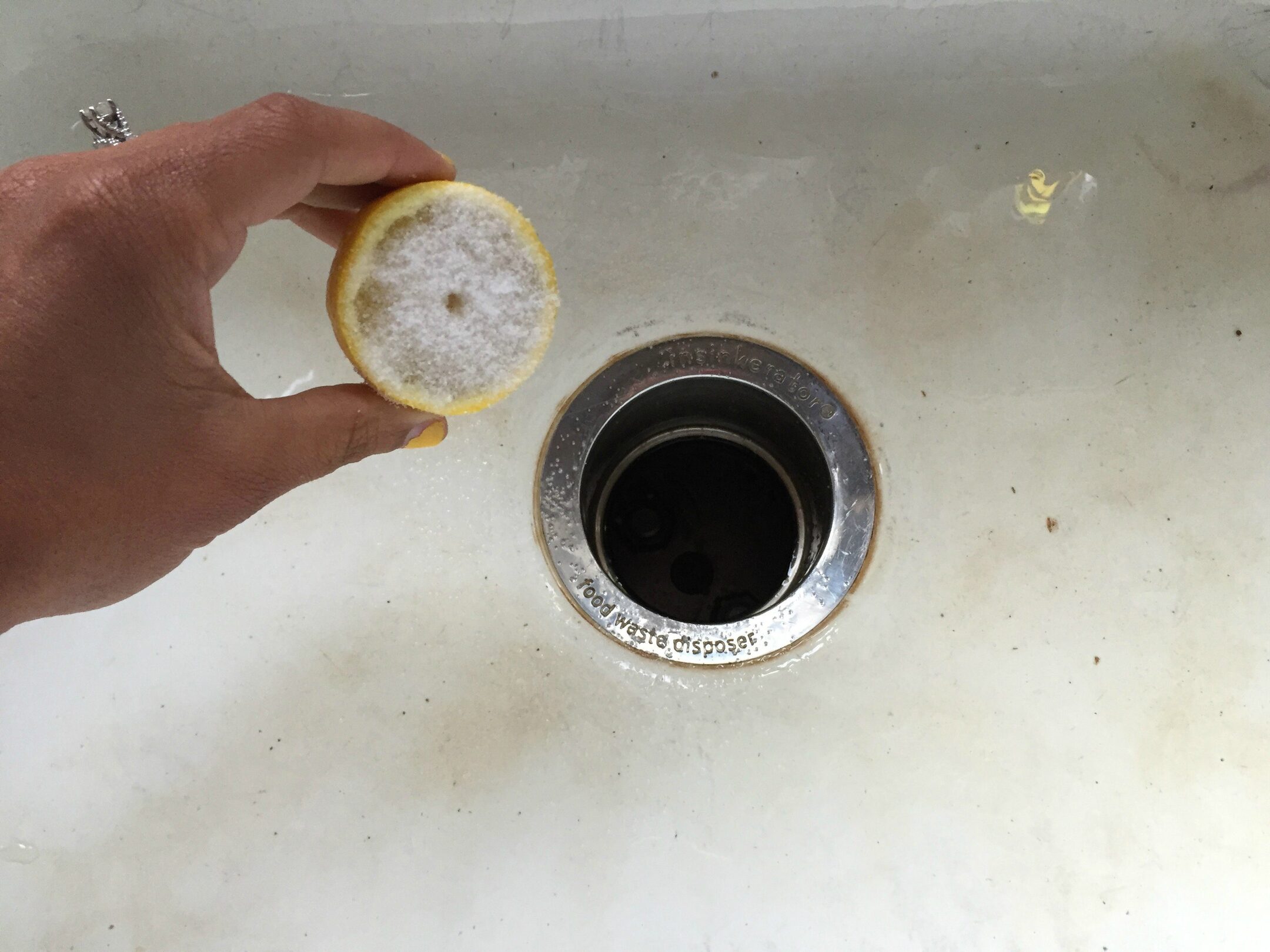

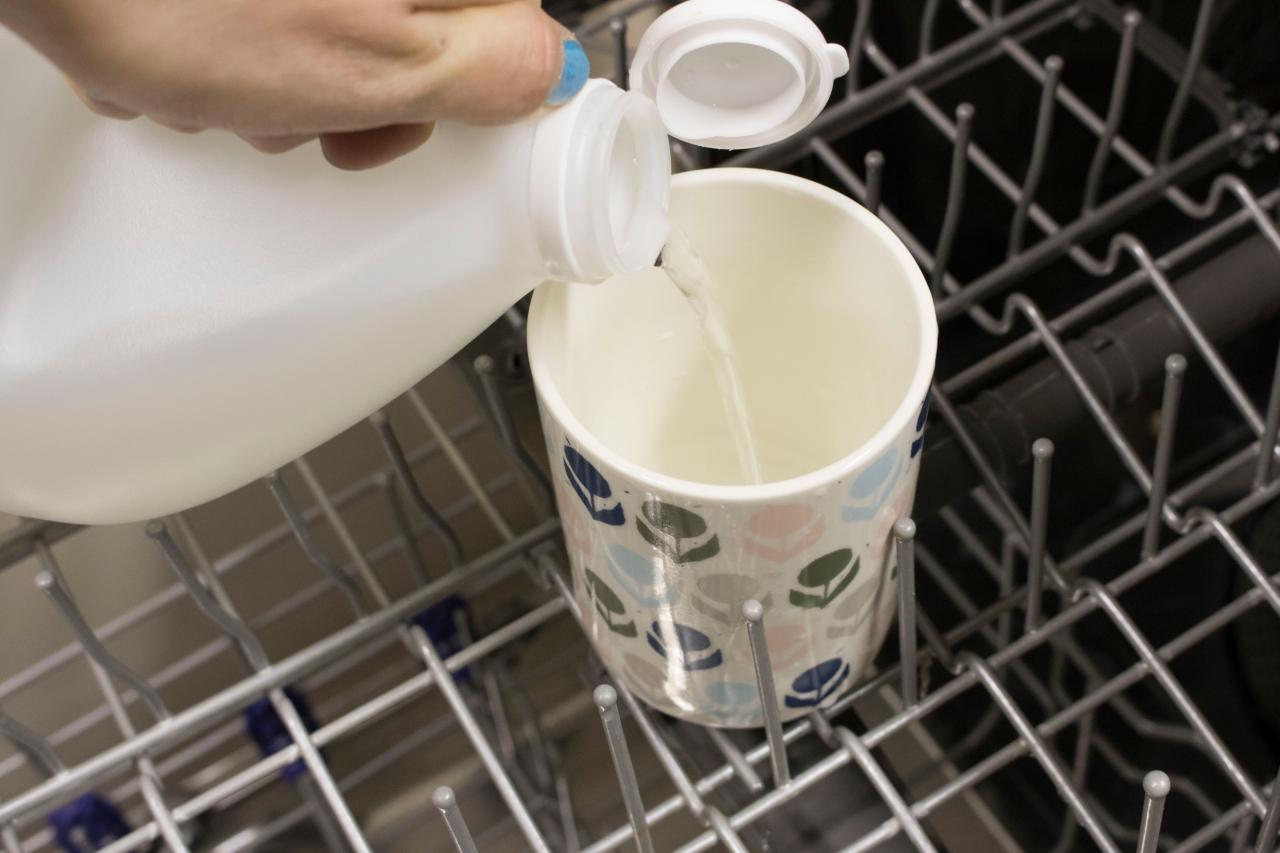

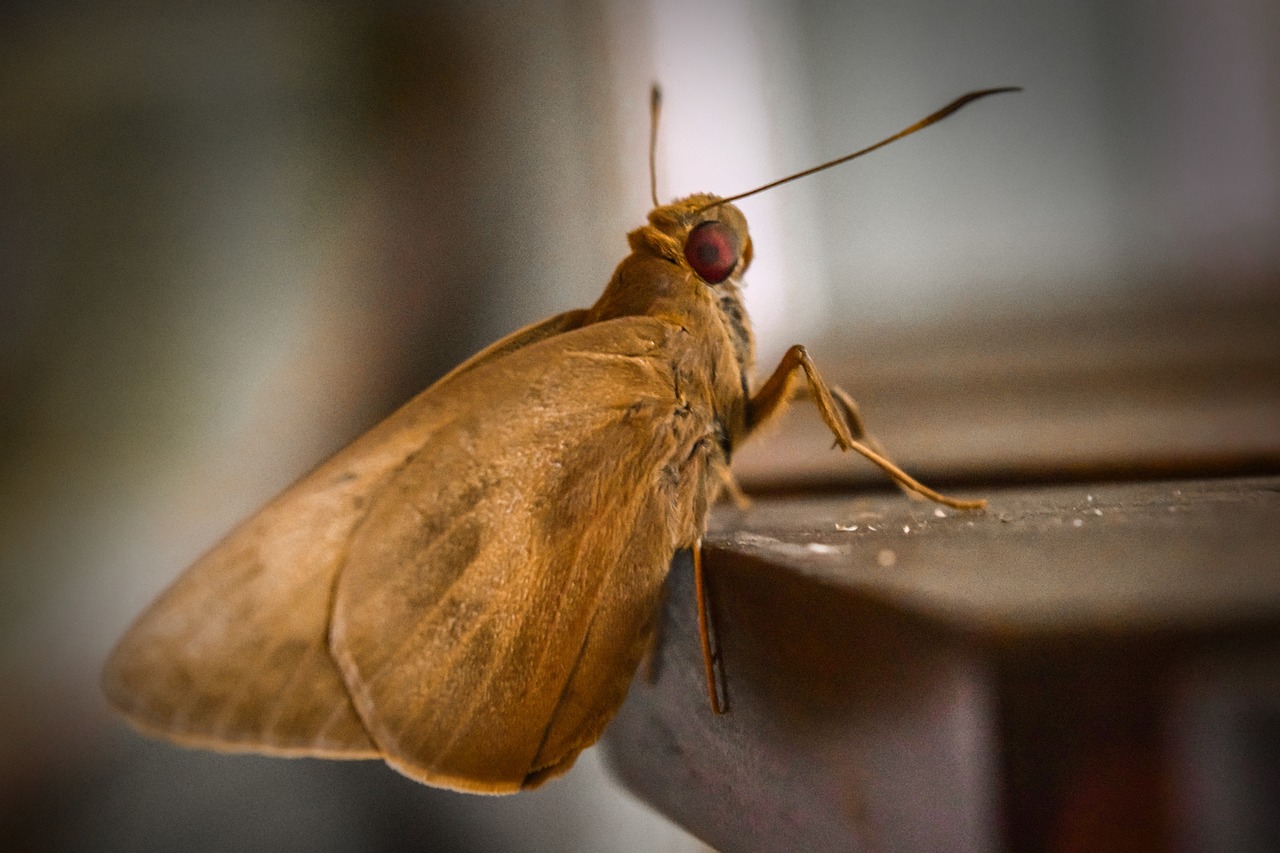
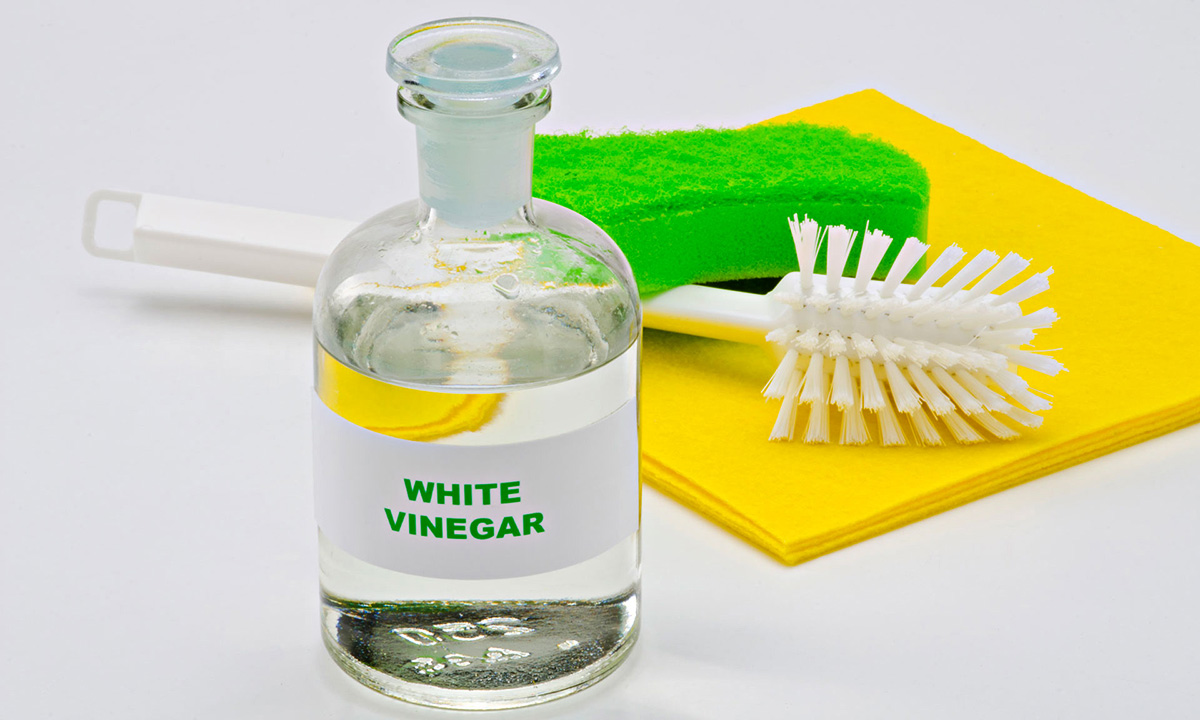


0 thoughts on “How To Get Rid Of Gnats With White Vinegar: With Expert Tips”